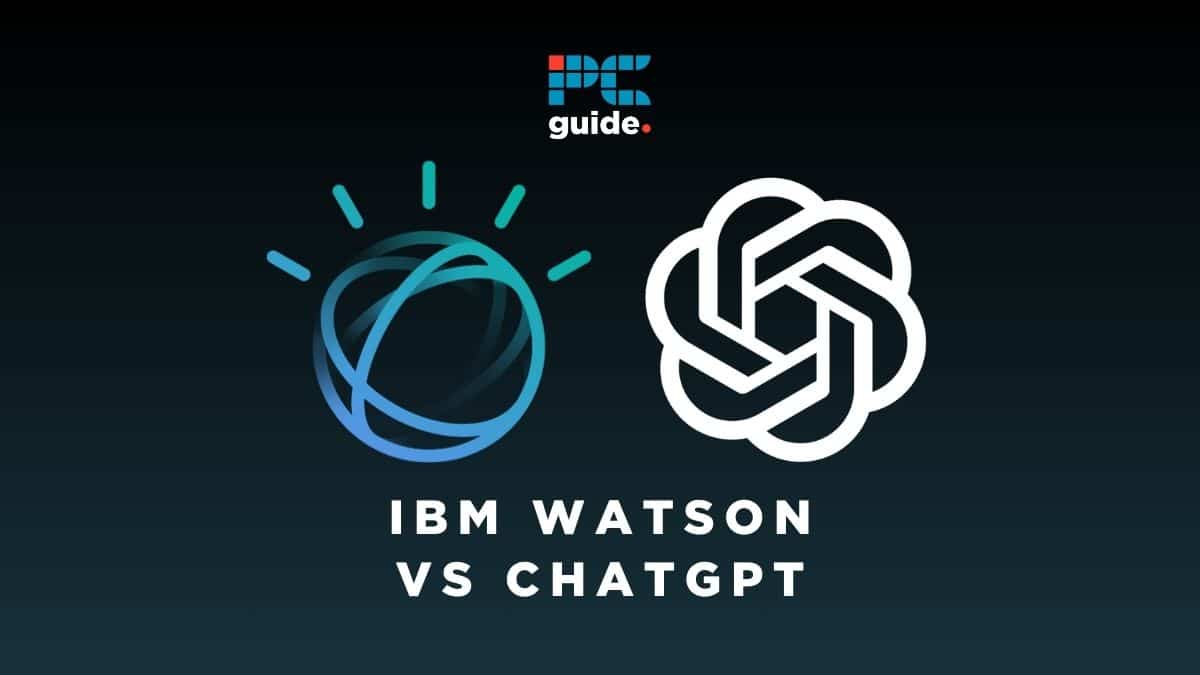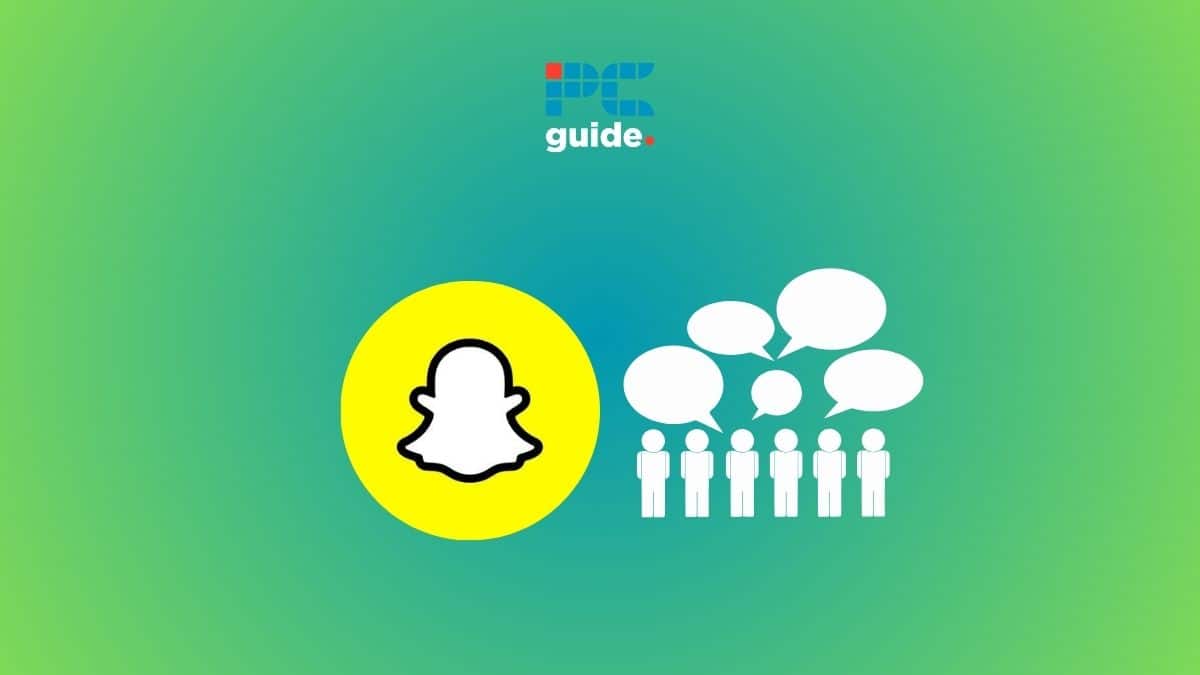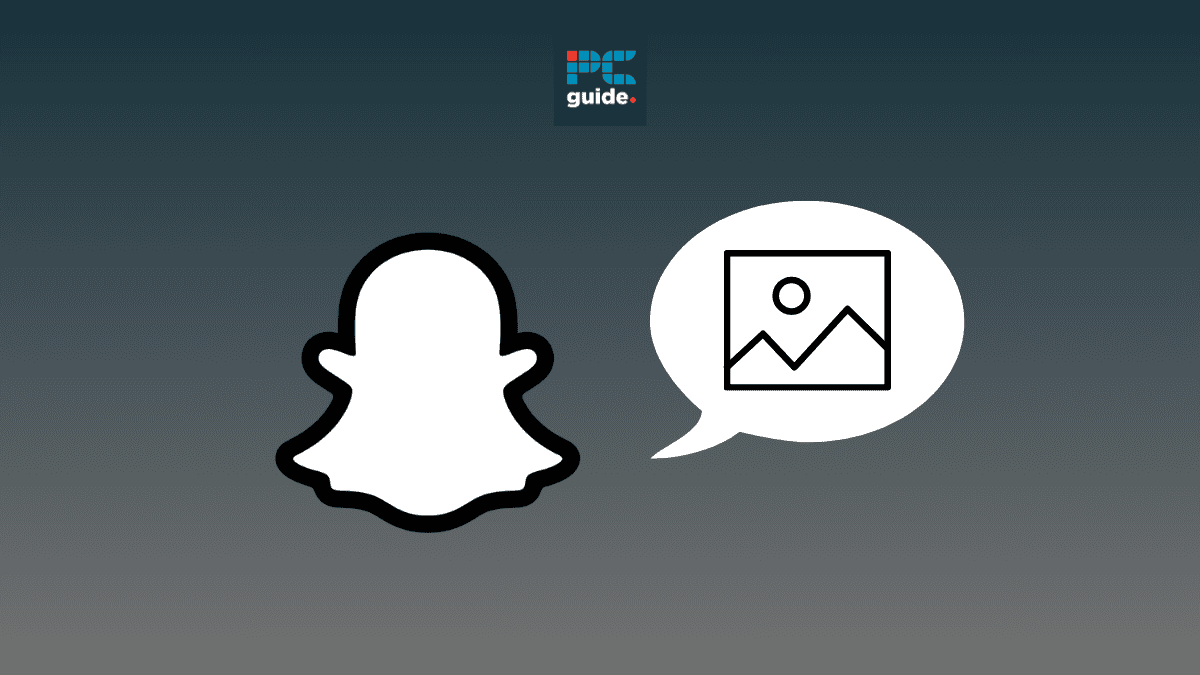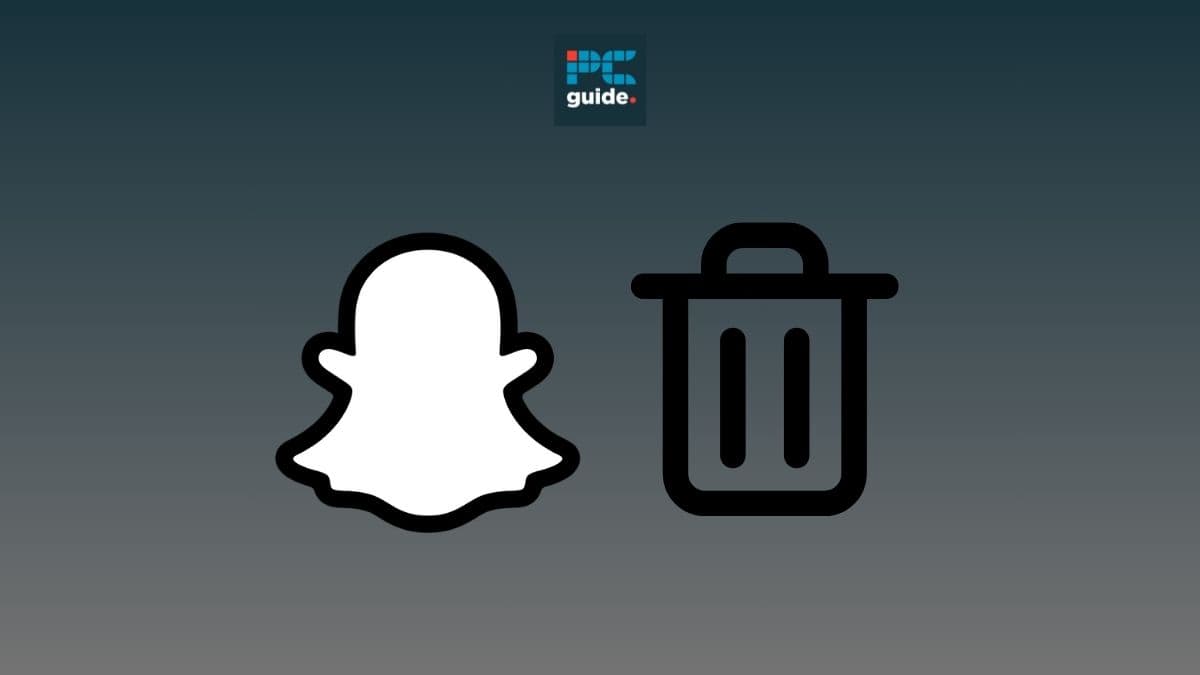Watson AI (IBM) and ChatGPT (OpenAI) are two competing artificial intelligence chatbot platforms. Both will generate natural-sounding text in any style or format. Let’s discuss the differences between Watson AI vs ChatGPT. The most significant differences between these two large language models are the demographic they serve and their user intentions.
Watson AI vs ChatGPT – What’s the difference?
OpenAI’s ChatGPT is a free and publicly accessible chat interface. Compare this to IBM Watson. Their enterprise-scale B2B platform automates repetitive or complex digital operations, integrated with IBM’s existing data infrastructure. Beyond that, it allows corporate clients to build their own machine-learning models based on their own proprietary data, leading to personalized results. It serves a variety of business functions across CRM, data entry, and even healthcare.
Really, this is hardly a fair comparison – but I’m not sure who to feel bad for. There really is no underdog here.
For starters, let’s look at the tech under the hood. ChatGPT is merely a chat interface; the tech it runs on is an LLM (large language model) called GPT 3.5. This AI model is powerful enough, and it publicly accessible by anyone for free right now. So, already, ChatGPT is winning in terms of accessibility. If we then look at the premium version of OpenAI’s chatbot, we’re upgraded to the GPT-4V VLM or, as announced on November 6th 2023, GPT-4 Turbo.
GPT-4V is the worlds most advanced publicly accessible VLM, or Visual Language Model. Beating all other AI chatbot models in a head-to-head test across four performance benchmarks, it makes impressive use of the $13 Billion USD invested into OpenAI by Microsoft. However, even before other AI chatbots could catch up, OpenAI CEO Sam Altman announced GPT-4 Turbo at Novembers DevDay developer conference. This new neural network is substantially the most powerful LLM on earth. Armed with a training data refresh, including data and information as recent as April 2023, as well as several other upgrades, ChatGPT unquestionably dominates consumer-grade artificial intelligence.
Essential AI Tools

Content Guardian – AI Content Checker – One-click, Eight Checks
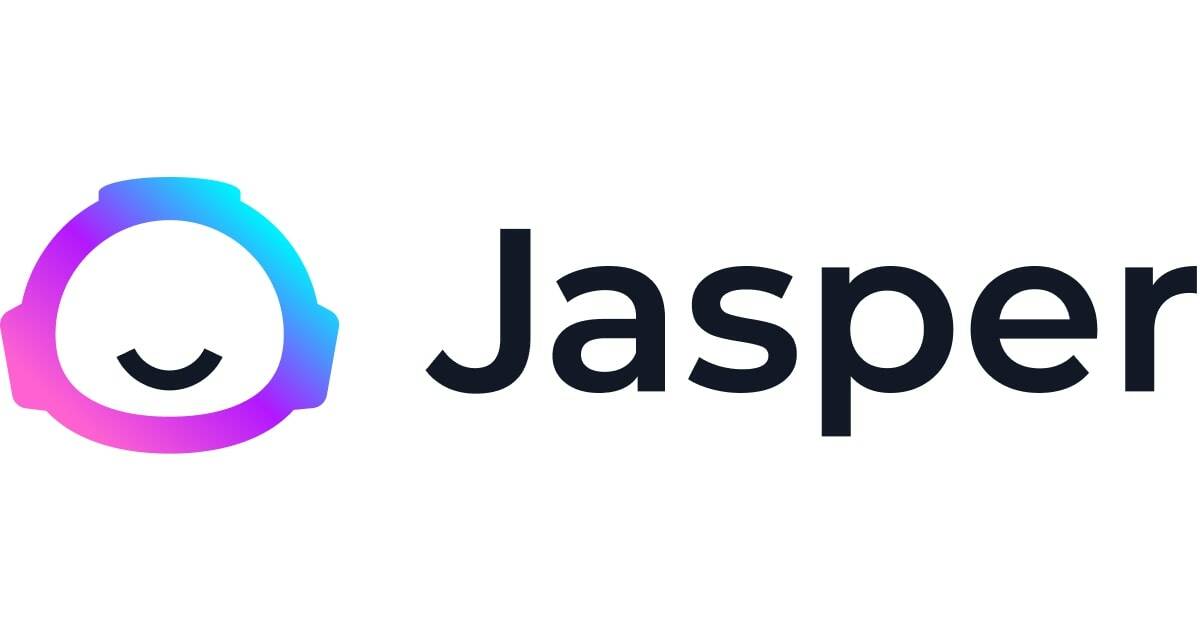
Jasper AI

WordAI
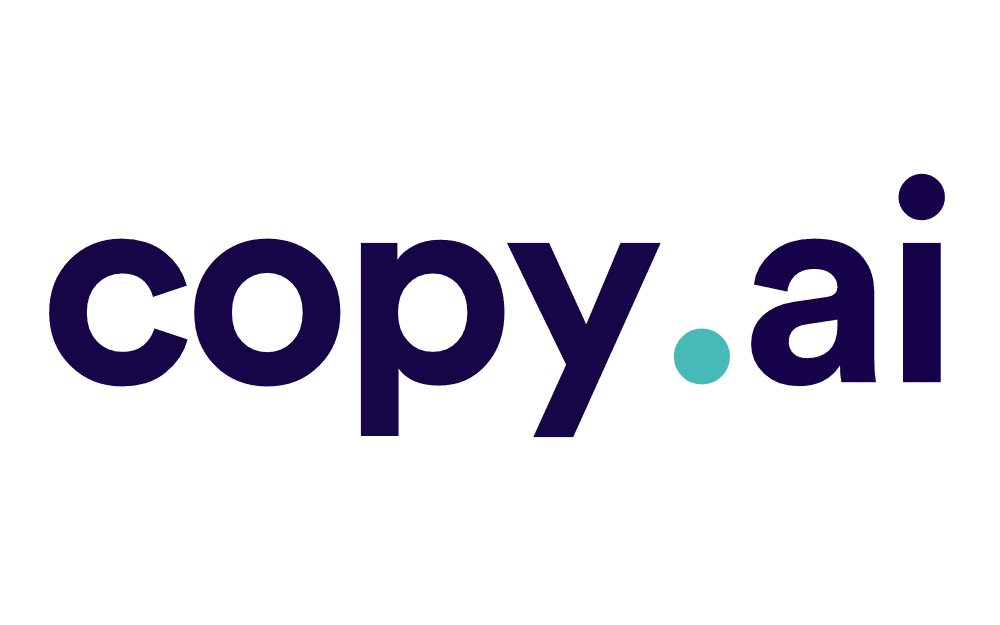
Copy.ai
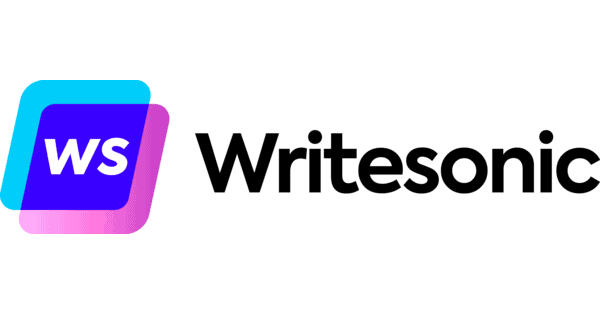
Writesonic
By contrast, Watson is not only an LLM in and of itself, but a suite of AI-driven software products. Reserved for enterprise-grade applications, Watson X is scalable in way ChatGPT was not designed for. IBM also brings a historical depth of engineering expertise to the science of artificial intelligence, and in that respect OpenAI, founded in 2015, is the new kid on the block. Watson also refers to the hardware server at IBM HQ capable of processing an impressive 500GB/s.
This all paints a picture not unlike David and the Goliath; pitting what could dismissively be called a user interface against one of the most powerful natural-language processing solutions in the world.
But ChatGPT is winning a game that Watson isn’t even playing (Jeopardy, as the case may be) – because it knows it can’t compete.
When it comes to mass market accessibility, these two aren’t playing on the same field. OpenAI has already won the adoption of the general public, both at home and at work. This comes down to accessibility, scalability, and adaptability.
Watson AI vs ChatGPT: Accessibility
ChatGPT is an accessible B2C software product. Anyone with little-to-no technical understanding can use it, on any device, and in any location, for free. With this tool, OpenAI has put the power of generative AI in the pockets of over 7.2 billion mobile phone users worldwide. The potential for feedback training that comes from this global audience is unparalleled and is the primary reason the AI giant has become practically impossible to surpass – as long as it can keep up with the cost of being #1.
Watson AI vs ChatGPT: Scalability
Sam Altman, co-founder and CEO of OpenAI has cited the $3 million-per-day cost of processing ChatGPT queries as one of the biggest hurdles in running such an enterprise – however, this also creates a moat, a corporate advantage that new players will find it hard or impossible to overcome before becoming a serious competitor.
Very few businesses or investors could afford the eye-watering cost of being the default option in the AI space, as Google is to the search engine space, to draw a parallel. Serving the world is prohibitively expensive, but this cost is made tolerable by the scalability of what is an efficient (enough) query-to-processing ratio where, again, OpenAI has IBM beat.
Watson AI vs ChatGPT: Adaptability
Lastly, the adaptability of ChatGPT in style and format of the natural language it produces has Watson beat. The quality of the result is only as the quality of the data set and the algorithms at work. With a corporate clientele, served individually through human sales representatives, IBM Watson Assistant falls further behind the reinforcement training accessible to the world’s most-called AI API by the day.
Summary of Watson AI vs ChatGPT
ChatGPT’s capabilities are tailored to individuals. Its adaptability to a variety of use cases makes it potentially the world’s most useful AI right now; particularly when paired with the evolving suite of plug-in integrations.
But if you are, in fact, a mid-to-large corporate entity, totally check out Watson AI.
FAQ
Are there alternatives to IBM’s Watson?
Yes, there are other AI solutions that can perform each task Watson can perform. But at an enterprise level, many companies will pay for the reliability of an established provider over a more affordable option. These affordable options are unlikely to be able to compete with the bandwidth of IBM’s data infrastructure anyway.
Is Watson a true AI?
If we take the phrase “true AI” to mean generative AI, then yes. Watson incorporates a dataset of many input-output pairings, which it uses to ‘understand’ what a good response looks like. It will answer questions that it has never been asked before, and respond with answers that were not pre-written.


